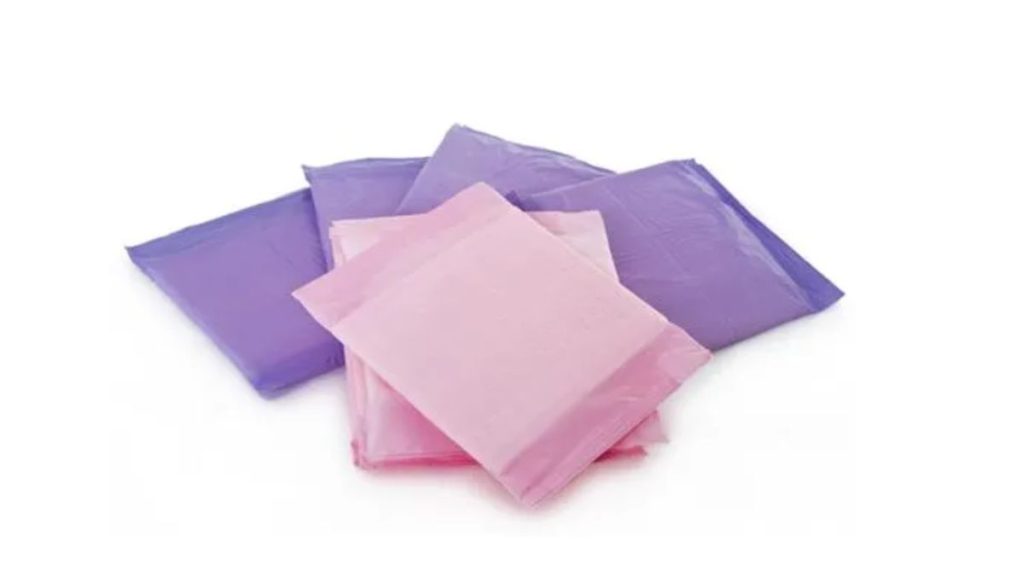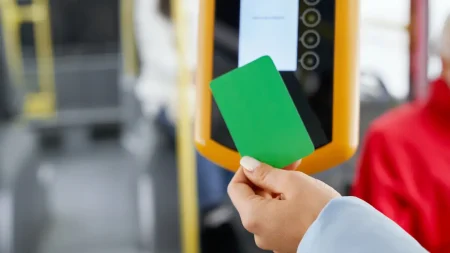Access to menstrual hygiene products is still one of the biggest challenges facing girls and women in South Africa. Many students are forced to miss school because they cannot afford sanitary pads, while low-income women often resort to unsafe alternatives. In Gauteng, government departments, NGOs, and community initiatives have been working together to close this gap and promote menstrual dignity.
The Department of Women, Youth and Persons with Disabilities (DWYPD), through its Sanitary Dignity Programme, has been distributing free disposable pads since 2019. Schools, clinics, and outreach programmes across Gauteng form the backbone of this initiative. Alongside this, NGOs such as Caring4Girls and student-led drives at universities provide additional support to under-resourced communities.
Understanding the Sanitary Dignity Programme
The Sanitary Dignity Programme was introduced in 2019 as a government-led response to period poverty. Managed by the Department of Women, Youth and Persons with Disabilities (DWYPD), the programme aims to ensure that indigent girls and women have access to menstrual hygiene products.
Who Benefits?
Schoolgirls in quintile 1–3 schools: These are the poorest schools in South Africa, where learners often face multiple barriers to education.
Low-income women: Especially those in rural or under-resourced areas.
Special focus groups: Learners in special-needs schools and women supported through social development initiatives.
How Distribution Works
Schools: Pads are delivered to participating schools, where life orientation teachers and principals handle distribution.
Clinics: Pads are available during routine visits at community health centres.
DWYPD Offices: Regional offices assist with bulk distributions and community outreach.
Why It Matters
Research shows that lack of access to menstrual hygiene products leads to absenteeism in schools, reduced academic performance, and health risks. In Gauteng, where more than 2,000 schools participate, the programme is a lifeline for learners.
Contact for general enquiries:
Gauteng Department of Education hotline: 0800 000 789
Gauteng Health hotline: 0800 203 065
DWYPD Johannesburg Office: 011 355 7450, email dwpyd@gauteng.gov.za
Standard Collection Points (Year-Round)
Even outside special drives, sanitary pads can be collected at these regular access points.
| Collection Point | How It Works | Contact | Notes |
|---|---|---|---|
| Public Schools | Learners request pads from life orientation teachers or principals. | GDE Hotline: 0800 000 789 | Available at over 2,000 schools, mostly quintile 1–3. |
| Clinics & Community Health Centres | Distributed during visits, no appointment needed. | Health Hotline: 0800 203 065 | Bring ID if available, but not required. |
| DWYPD Outreach Offices | Community-level distributions and referrals. | Johannesburg Office: 011 355 7450 | Check for local pop-up activations. |
Tip: If you’re unsure which site is nearest, call the hotline numbers for guidance.
Confirmed Collection Drives This Week (13–19 Oct 2025)
For this specific week, these targeted drives are confirmed to be active:
| Location | Site Details | Dates/Hours | Eligibility | Contact |
|---|---|---|---|---|
| Boksburg (Ekurhuleni) | Schools & NPOs via Boksburg Advertiser Pad Drive. Donations distributed to primary & high schools plus welfare groups. | 13–19 Oct | Learners, community members | 011 999 2111 |
| University of Pretoria (Tshwane) | UP-RAG Pad Drive. Collection points on campus, with excess stock distributed to nearby schools. | Mon–Fri (8am–4pm) | Students and public | 012 420 3111, up.ac.za/up-rag |
| Marabastad (Tshwane) | Linked to youth initiatives. Pads bundled with hygiene kits at community centres. | 13–15 Oct | Learners & youth | 012 358 9999 |
These drives supplement the government’s ongoing school and clinic distributions, ensuring additional support for under-resourced communities.
NGO and Community Support Options
Beyond government programmes, several NGOs and community groups in Gauteng provide free or subsidised sanitary pads:
Caring4Girls
A leading NGO tackling period poverty.
Works with schools across Gauteng.
Contact: info@caring4girls.africa | 011 339 6300
Lindiwe Pads
Gauteng-based manufacturer offering subsidised/free pads.
“Buy to Donate” programme allows businesses and individuals to sponsor pads for schools.
Contact: sales@lindiwepads.co.za
Community Drives
Local churches, civic groups, and WhatsApp communities often run small-scale pad distribution drives.
Check local newspapers or community Facebook pages for updates.
Practical Tips for Access
Bring proof if required: Learner card, school ID, or clinic card may be requested in some areas.
Arrive early: Stocks are limited, and first arrivals are usually prioritised.
Ask directly: Don’t hesitate to approach school principals, teachers, or clinic nurses.
Explore reusable options: If stock runs out, consider affordable reusable pads such as Palesa Pads or Subz, which cost around R100–R200 and last up to 5 years.
How to Stay Updated
Since there is no centralised weekly list, staying updated is key:
Follow @EducationGP1 (Gauteng Department of Education) and @GautengProvince on X (Twitter).
Join community WhatsApp groups, which often announce last-minute pop-up drives.
Call hotlines weekly to confirm stock availability.
Check also: Food Banks & Help Desks You Can Rely on This Week (12–17 Oct)
Period poverty remains one of the most pressing social challenges in South Africa. Free sanitary pads are more than a product, they are a matter of dignity, education, and equality. Gauteng’s ongoing government programmes, alongside NGO and community efforts, ensure that girls and women can access the menstrual hygiene products they need.
If you or someone you know is struggling, use the information in this guide to reach the nearest collection point. Share these details widely so that more learners, parents, and communities benefit from available resources.
Together, we can ensure that no girl misses school or risks her health because of a lack of sanitary pads.










